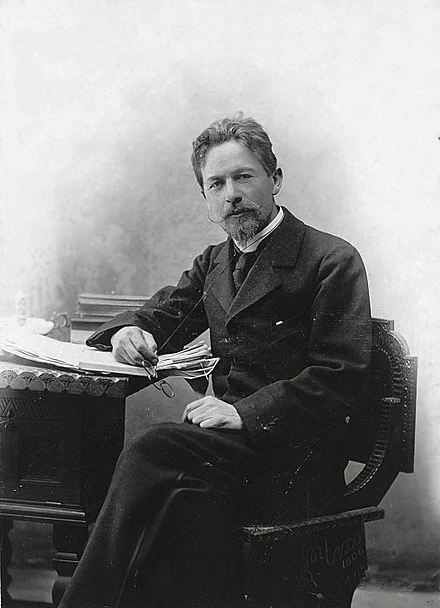Canadian novelist Robertson Davies (1913-1995) amusingly described what he saw as a mutually beneficial relationship between domestic cats and writers in his line: "Authors like cats because they are such quiet, lovable, wise creatures, and cats like authors for the same reason". He wasn't alone in those feelings.
.jpg) |
| Robertson Davies. Image: Wikipedia. |
There is a natural connection between domestic cats and authors both in their character and in their lifestyle. Introverts tend to make good authors. It doesn't mean that all authors are introverts but it is probably fair to say that the majority are.
Introverted authors are introspective and they often work alone. There is a similarity in lifestyle right there because the domestic cat has this slightly solitary nature, living apart a little from mainstream life, doing their own thing. The cat's activities intersect with those of their human caregiver. There is this slight distance between cat and caregiver in contrast to that of the dog. That's because of the cat's solitariness.
And the writer works alone. Sometimes they go away to a quiet place to work, to think, to create to be introspective. It is said that writers can be shy because they are fearful of being rejected, being judged and not being good enough.
RELATED: Authors Who Loved Cats.
I guess one aspect of writing is that you are offering to the world your opinion, thoughts and ideas. In writing a novel you are expressing your imagination. You are opening yourself up to criticism. You're giving the public a bit of yourself. You are exposing your inner self to the public which can be difficult. Sometimes you have to put your head over the parapet so to speak to potentially be shot down.
 |
| The great Mark Twain loved cats and gave them strange names. He said that the reason was to teach kids how to pronounce words! Image in the public domain. |
There is perhaps a similarity here between writers and cats. Cats, I would argue, are inherently slightly fearful of the environment that the human creates for them. It doesn't take much for a cat to become anxious which is why one of the primary roles of the caregiver is to create a calm and friendly environment for their cat companion to counteract this potential for anxiety.
And when a writer writes, alone at their desk, they create an ideal environment for a domestic cat companion. It's almost a merging of minds and character. And in being alone, the writer has an ever-present friend in their cat. They can just be there warming up the place emotionally without distracting by interfering except perhaps when desiring to sit on their lap or on their paperwork. Unlike dogs who are prone to loud barking and making demands to go for a walk.
One of the literary world's greatest cat lovers was Colette (1873-1954), the author of Gigi. She wrote, "By associating with a cat, one only risks becoming richer".
It is the aloneness of writers which enables them to produce their best work. If many are introverts, they love to read, sit quietly with their cat. Introverts love written communication. It gives them time to put their thoughts together.
They like attention to detail, in editing their work and they are constantly thinking, creating ideas and polishing their thoughts.
It is said that they are the masters of introspection. In their solitariness they observe the world around them. They are great observers. My mind turns to Dr. Desmond Morris, probably my favourite author who observed the world so well that he was able to write so beautifully about what's behind the behaviour of our feline companions as well as their human caregivers.
You can see the similarity between authors and cats! Cats are great observers too. Very alert to events occurring around them with sharpened senses. Writers are also alert to events and happenings. And they think about them in their creative process.
Cats and authors go together like custard apple pie or steak and chips. Of course, not all authors like cats. Some will be fearful of them just like other people. But all things being equal you'll see a higher-than-average association between cats and writers.


.jpg)



